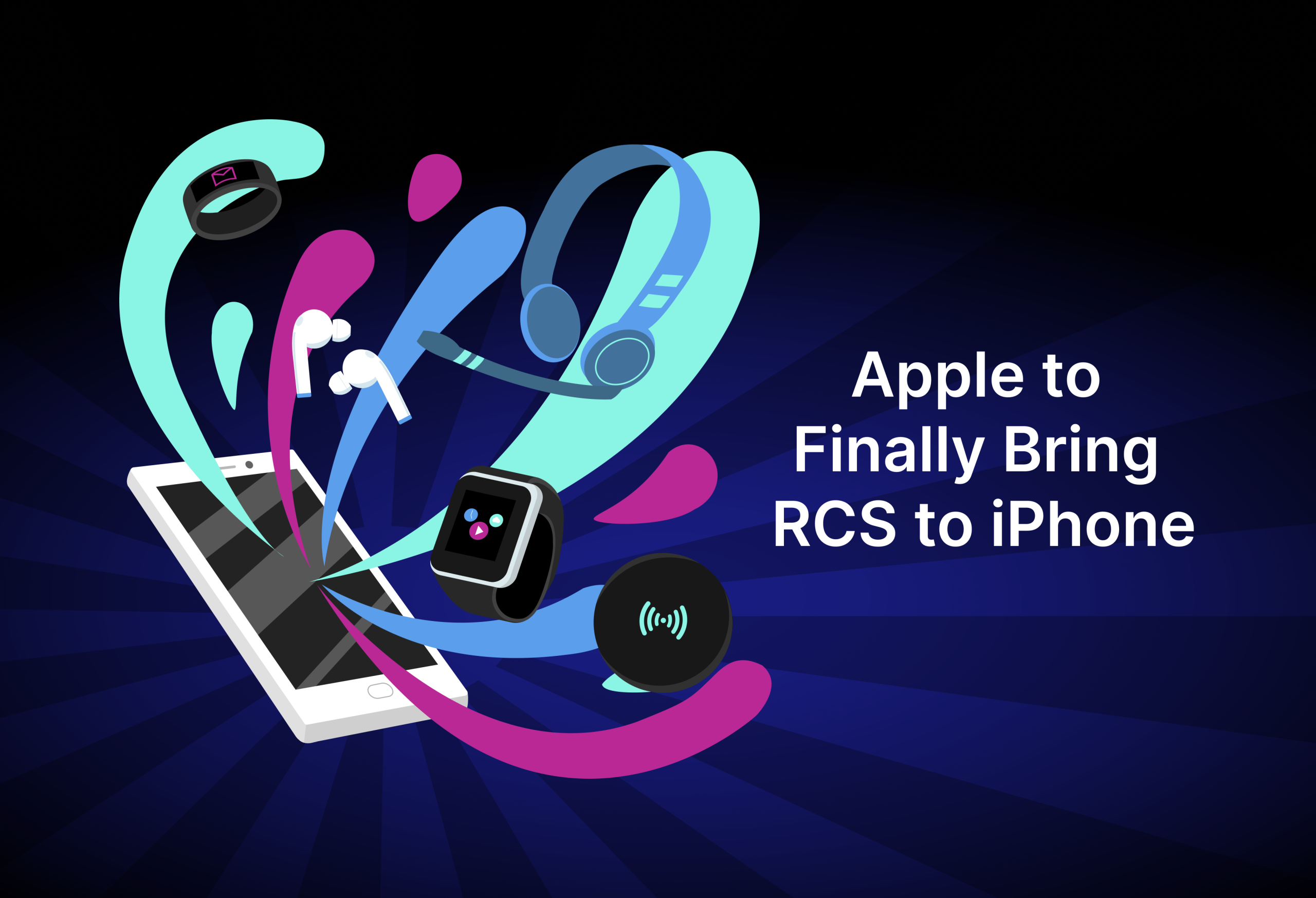“Apple to Finally Bring RCS to iPhone” has become a trending topic. Why? The announcement that Apple would use the RCS (Rich Communication Services) messaging standard surprised many. The feature will come as a software update later next year. It will let iPhone and Android users send messages with features similar to iMessage. Apple chose it because regulators and rivals like Google and Samsung pressured the company. The fact that RCS has matured into a more robust platform is also a contributing factor.
RCS adds iMessage-like functionalities to cross-platform text messages
Cross-platform texting between Android and iPhone is much easier with RCS, adding several iMessage-style capabilities. Things like typing indications, high-quality photos and videos, reading receipts, and more fall under this category. According to Apple, one of the features of RCS is the ability for users to communicate their location inside text conversations. Unlike traditional SMS, RCS is compatible with both cellular data and Wi-Fi.
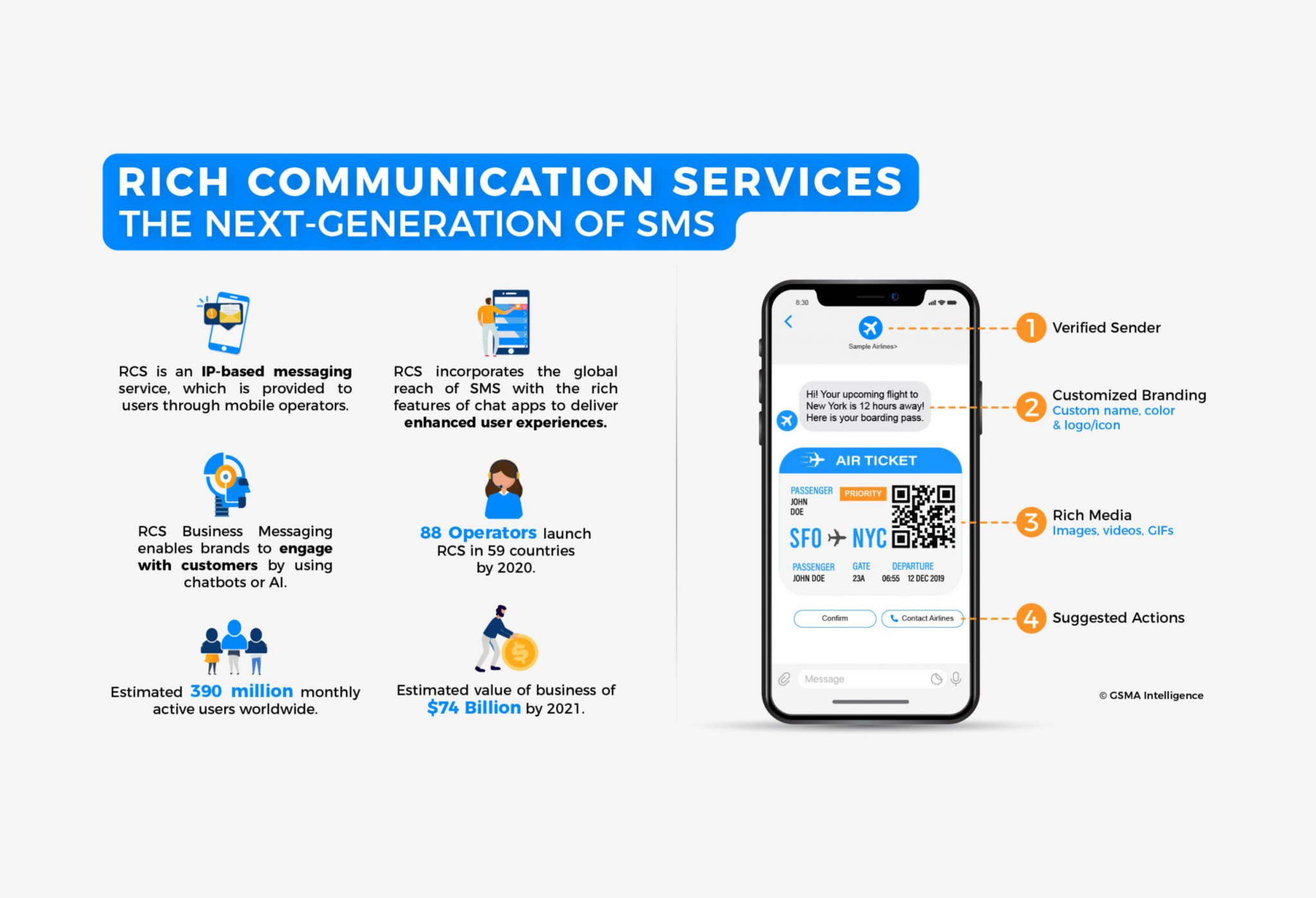
However, iMessage will remain in use. It will remain the primary means of communication for all iPhone users. When the time comes, RCS will exist independently of iMessage and replace SMS and MMS. As an additional backup, Apple adds that SMS and MMS will also be accessible. Nevertheless, this is not Apple allowing third-party iMessage services. It’s the opposite: the company is implementing RCS independently of iMessage.
What is Rich Communication Services (RCS)?
RCS delivers “rich,” expanded messaging, audio, video, and file-sharing features. RCS Chat is another name for RCS. Chat and messaging apps on smartphones need to be powerful. Therefore, Facebook Messenger, WhatsApp, and iMessage all provide more features than SMS. RCS aims to provide a more feature-rich alternative to SMS and MMS. Moreover, users can access it through cellular networks and IP-based networks, such as Wi-Fi.
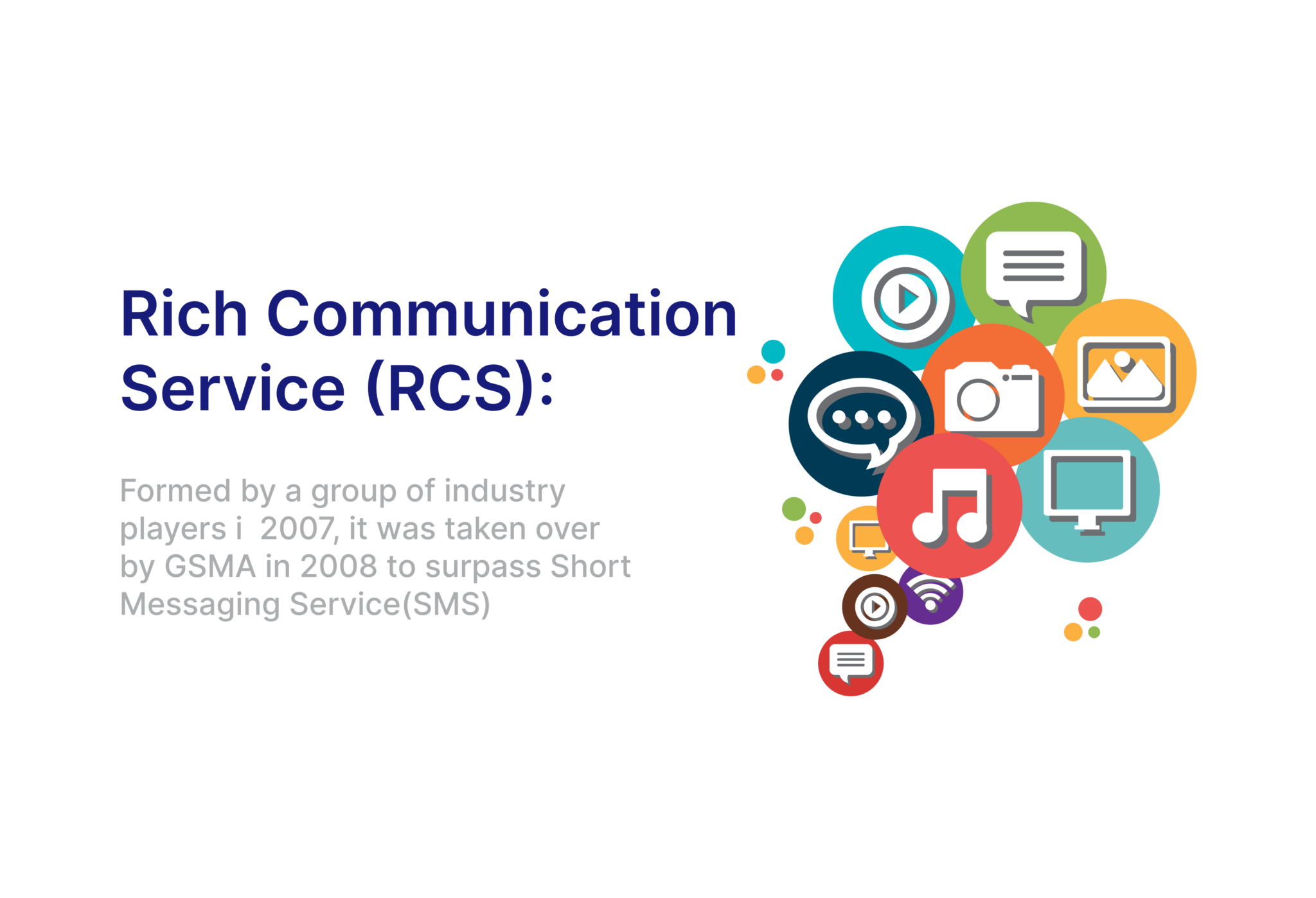
With RCS, users may send and receive text messages and audio and video calls. Additionally, users can accept many types of multimedia items, including movies, photos, and documents. RCS allows users to send and receive these messages instantly, unlike regular texting. And this has resulted in a more dynamic method of communication. Group chat, typing alerts, message delivery status, user tagging, and location sharing are just a few additional features RCS enables. RCS, unlike SMS, also provides end-to-end encryption to prevent message interception.
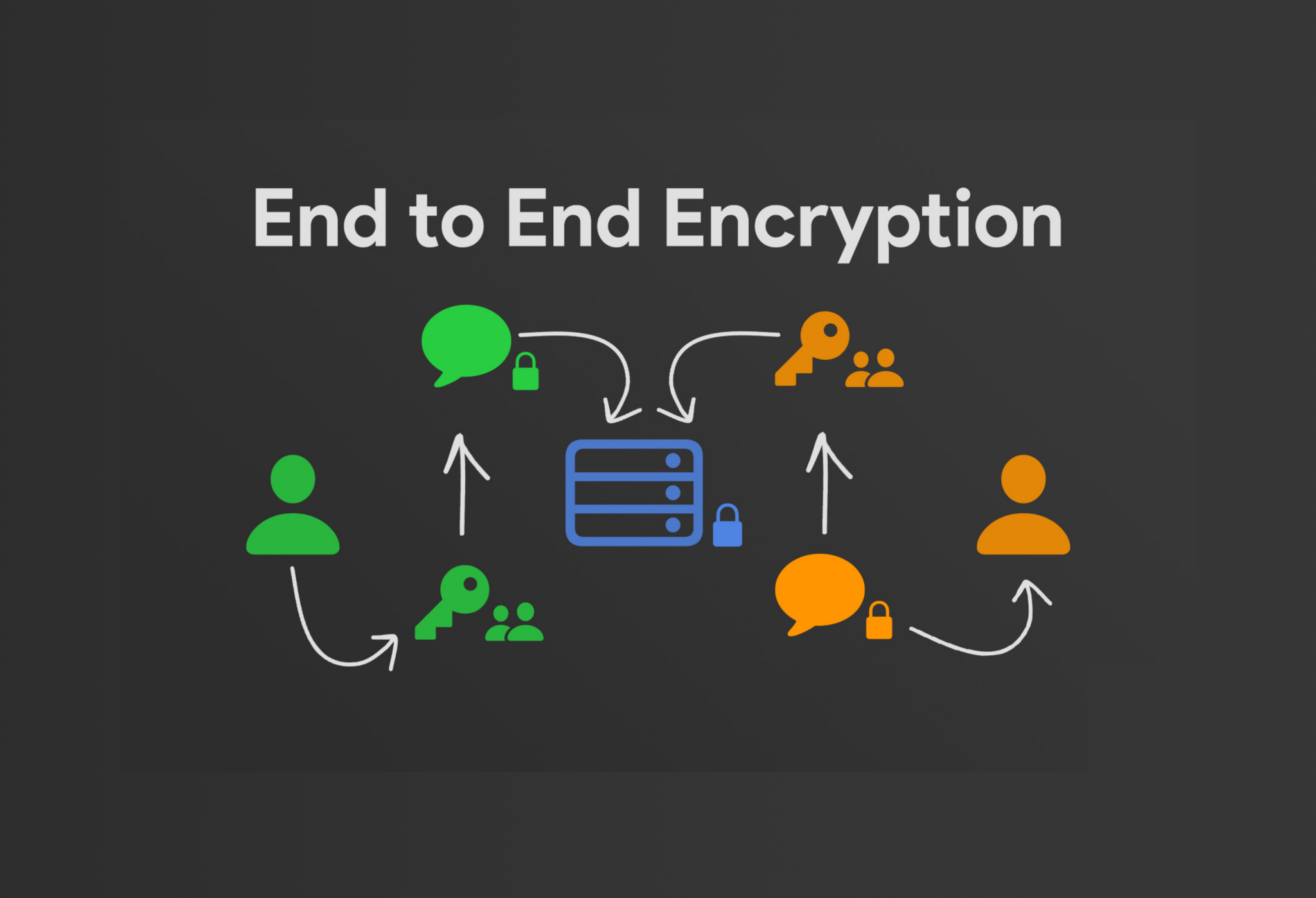
Several technology standards that work with RCS support message transport and communication services. These include the Real-Time Transport Protocol, the IP Multimedia Subsystem, the Session Initiation Protocol, and the Message Session Relay Protocol.
What does Apple say about RCS?
Apple’s adoption of RCS comes after years of pressure from Google and Samsung, two of its rivals. But until now, Apple has ignored that need and instead put more resources into iMessage. Apple also stresses once again that iMessage is considerably superior to RCS in terms of security and privacy. With the addition of Advanced Data Protection for Messages in iCloud, Apple has strengthened the already robust end-to-end encryption in iMessage.
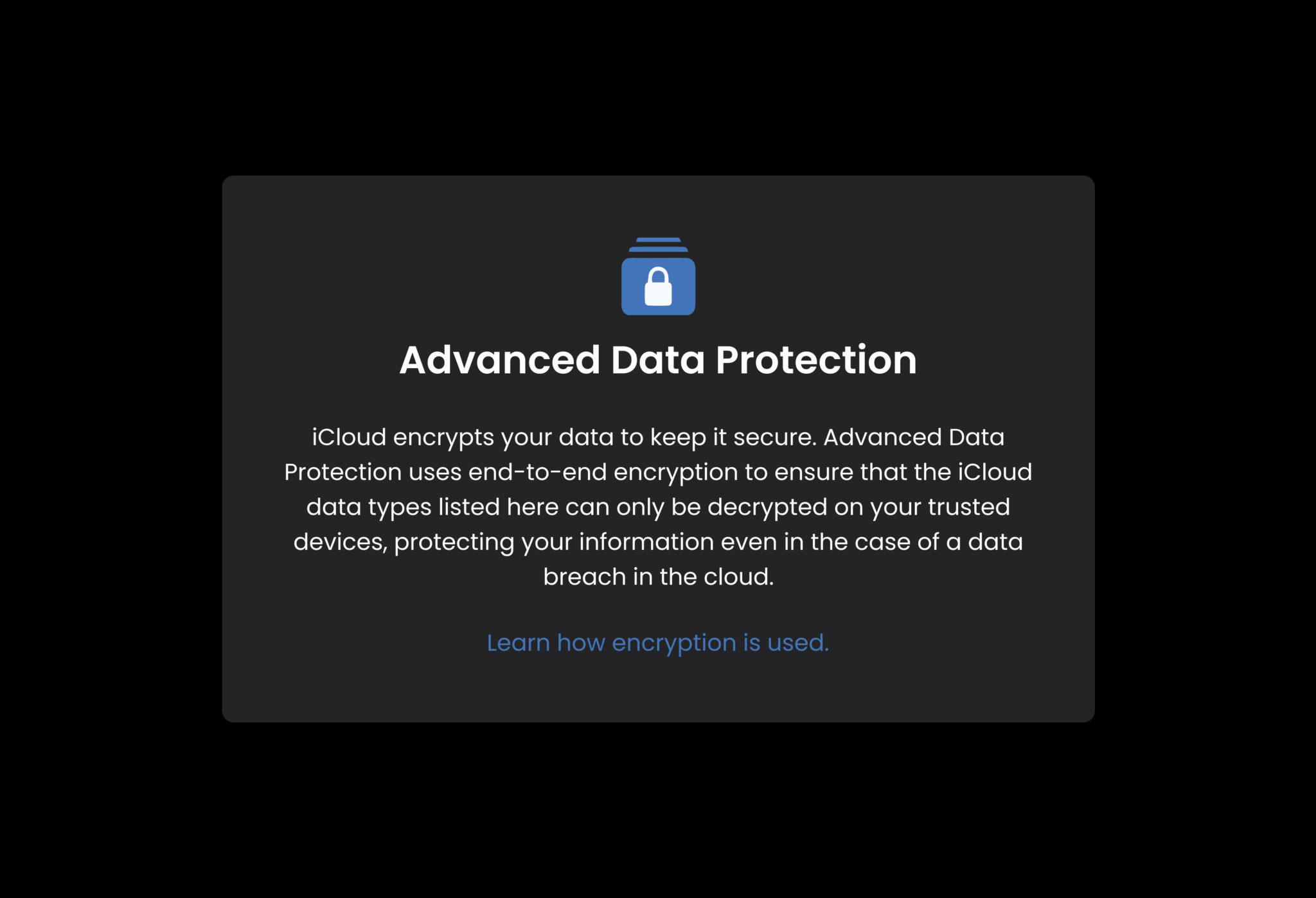
To help facilitate interactions between iPhone and Android users, Apple has enhanced support for Tapbacks in iOS 16. When it came to SMS group conversations, Apple included capabilities like threaded responses and message editing in iOS 17. However, they weren’t available to Android users.
At the same time, Apple claims that RCS does not have the capability for iMessage-level encryption. Nevertheless, it has implemented an upgrade to the SMS experience on both Android and iPhone smartphones.
Apply intends to work with the GSMA members
Apple is committing to collaborate with the GSMA on RCS protocol improvements. Encryption and security of RCS communications are two areas that need special attention. In addition to RCS, Apple informed 9to5Mac that it would not deploy its proprietary end-to-end encryption. Its primary goal is to enhance the RCS standard.
So that you can see how different they are, Google’s version of end-to-end encryption is in the Android Messages app, not in the RCS standard itself.
Including iMessage services in the Digital Markets Act
The most pressing issue is the imminent EU regulation that may have forced Apple to enable iMessage. The Digital Markets Act is a piece of law that Apple has opposed. Apple claims that iMessage is not popular enough in Europe to be considered a “gatekeeper service.” Rumors have been circulating that Apple may file an appeal with the EU over the Digital Markets Act’s potential inclusion of its App Store and iMessage services. Still, by making this disclosure now, Apple is preventing any regulatory issues in the future.

The constraints of SMS and MMS will no longer affect most messaging chats between iPhone and Android users when RCS functionality emerges later next year. The three leading US carriers and most carriers worldwide support RCS. However, the availability may still differ from one carrier to another.
Follow our blog for similar posts.

